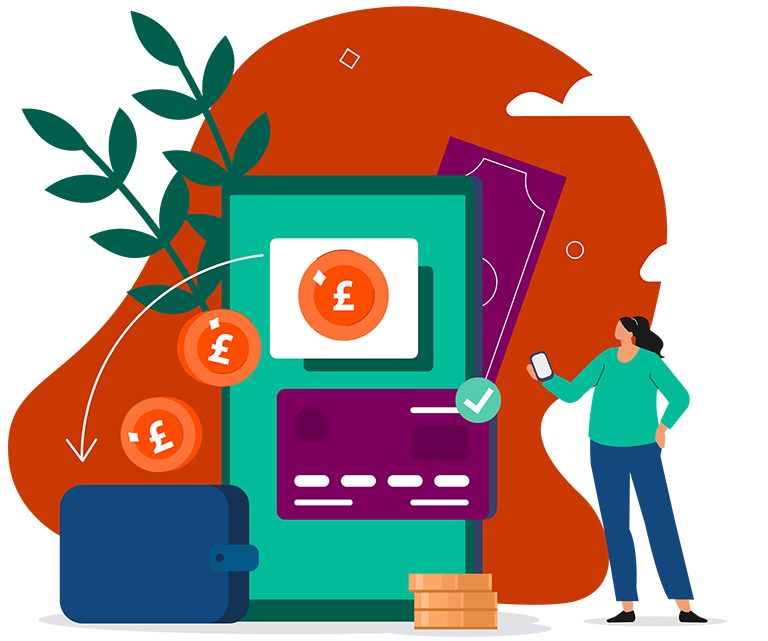Taking control of debt
Facing money troubles? You’re not alone. It may seem overwhelming, but there’s always a way out with a plan and a little help. In this guide, we’ll give you the steps and support you need to get back on track.

In this guide
Realising you are in debt
What it is, why you shouldn’t ignore it and how to recover.
You’re not alone. More than 16% of UK adults are dealing with problem debt
– The Money and Pensions Service
Tips for managing your finances
Take the lead and stay on top of your finances with these helpful tips.

